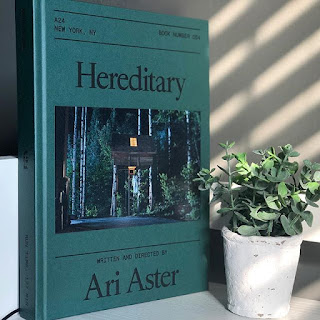Psychological facts - Three things a good listeners consistently do.
In the event that you need to be a superior audience, practice these components.
In the Fall of 2016, I was a new alumni of the activity science ace's program at SUNY Cortland where I was additionally educating and training quality and molding.
Honestly, I was stuck. My relationship with my better half was nearly crumbling and I was acknowledging I didn't have upward versatility in my present position. The groove reached a crucial stage when I got a content from my sweetheart saying we expected to talk. My stomach dropped. I was unable to center.
I made an impression on my counselor, Dr. Lind, who was an advisor before he was an activity therapist.
"Would we be able to talk?" I inquired.
He instructed me to approach his office. I gathered together every ounce of solidarity I had.
"Don't you cry, whatever you do, don't you cry" I said to myself.
Dr. Lind advised me to plunk down. I don't recall whether I talked first or just cried. Sentences were hindered by profound cries and irregular swearwords. He didn't intrude on, he didn't offer exhortation, and as I kept on talking something occurred. I began to feel good. What's more, as I began to feel good, I saw how he was collaborating with me.
I discovered that listening is an aptitude that a great many people don't have and being forced to bear a decent listening experience feels astonishing.
My counselor showed me three things tuning in: (1) the significance of quietness (2) the estimation of reflections and (3) the intensity of open-finished inquiries. I acknowledged these three aptitudes. I rehearsed them when I talked with companions and worked with customers.
The sparsity of good audience members concerns me. I accept the uncommonness of this expertise is because of an absence of information. On the off chance that we don't get it, how might we know what it resembles? In the event that something can be educated it tends to be drilled. Also, on the off chance that it very well may be rehearsed it tends to be improved.
On the off chance that you need to improve the nature of associations with your companions, critical others, and partners, consider what great audience members do.
They Provide Silence
How often have you needed to state more in a discussion, to reveal touchy sentiments, to permit yourself to be powerless, just to have the other individual toll in? Nothing closes you down like being hindered or not having enough space to sit with your contemplations. Being quiet in a discussion can feel abnormal from the outset, yet it is the best way to allow an individual to expand on how they feel. It manufactures trust and gives individuals time to consider what they need to state straightaway. Frequently, our contemplations are defectively encoded into words. Quietness allows individuals to state what they mean. Work on holding up 3-5 seconds after somebody has said something before talking. You will see that they regularly have more to state.
They Reflect
Low-level audience members center around what words intend to them and trust that their turn will talk. Moderate-level audience members center around words. Capable audience members center around what words mean. Envision that I was having a discussion with you. The conversational cycle goes this way:
1. I have an idea.
2. I make an interpretation of that idea into words.
3. You hear my words.
4. You make your best speculation concerning what my words mean.
Intelligent proclamations make a best speculation with respect to what the speaker implies. Reflections are a useful asset for comprehension. It permits individuals to hear their words reflected back. It permits the audience to disclose to you whether you are in the same spot. An incredible reflection happens when you can make a best supposition of not just what the individual is attempting to state yet additionally what they are feeling or what they need.
They Ask Open-Ended Questions
Open-finished inquiries proceed with the account, they welcome conversation. Open-finished inquiries are utilized to investigate recognitions and concerns. They can't be replied with an indeed, no, or a single word answer. There is a major distinction between "how was your day?" and "educate me concerning the best aspect of your day?"
Start by focusing on your inquiries. Do they welcome single word reactions or do they further the discourse?
Try not to anticipate flawlessness in your listening abilities. Basically focus on progress. This is all feasible by giving quiet, discerning reflections, and open-finished inquiries in your every day associations.




Comments
Post a Comment